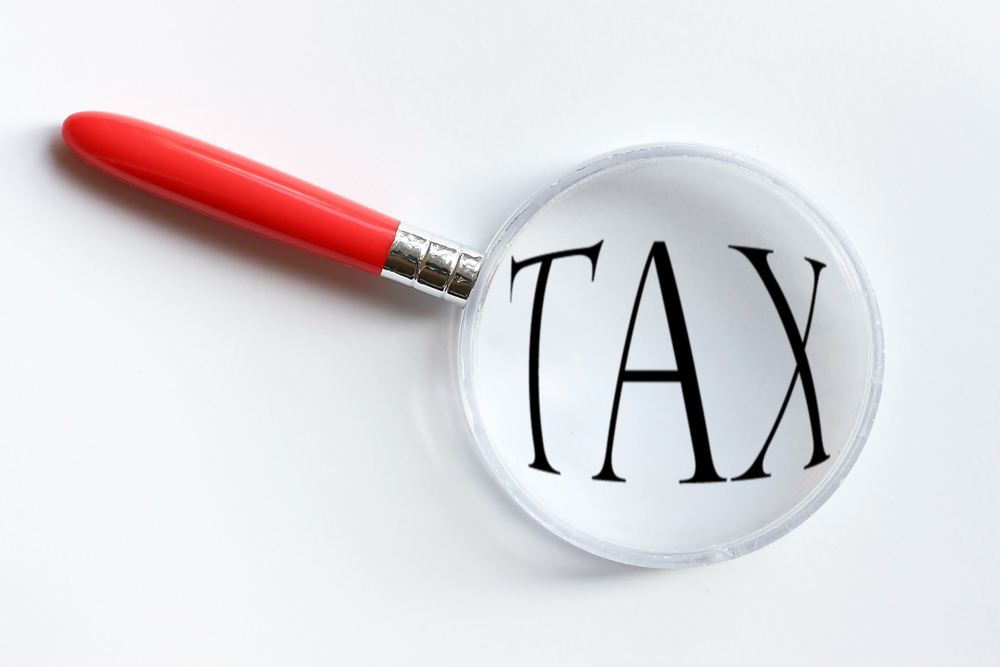Taylor-made for cashless transactions
Setting aside cash to pay the window cleaner’s bill or to cover odd jobs in the garden could become obsolete if plans are taken up to crack down on the hidden economy.The Taylor Review
The publication of the Taylor Review in July generated plenty of headlines in the media as well as providing much food for thought amongst the financial commentariat. Matthew Taylor, a former adviser to Tony Blair, was commissioned by the government to undertake an “independent review of employment practices in the modern economy”. His report looked closely at employment law, employment tax and also how current regulations should evolve to reflect the UK’s emergent, so-called “gig economy”. Many of the report’s findings relate directly to the tax system. The review effectively called for an end to the cash-in-hand economy and said the “Government should consider accrediting a range of platforms designed to support the move towards more cashless transactions with a view to increasing transparency of payments, supporting individuals to pay the right tax”.
Taylor’s nine-month investigation into modern work practices concluded that billions of pounds of extra tax revenues could be collected if payments for casual work were made via such platforms.
Many of the report’s findings relate directly to the tax system. The review effectively called for an end to the cash-in-hand economy and said the “Government should consider accrediting a range of platforms designed to support the move towards more cashless transactions with a view to increasing transparency of payments, supporting individuals to pay the right tax”.
Taylor’s nine-month investigation into modern work practices concluded that billions of pounds of extra tax revenues could be collected if payments for casual work were made via such platforms.
Costs of the hidden economy
The report pointed to consultative work carried out last year by HM Revenue & Customs (HMRC) which showed that the hidden economy cost as much as £6.2 billion to the UK in 2013/14, equating to 18%of the total UK tax gap. The gap is defined as the difference between the receipts HMRC actually collect and the amount of tax that should be collected if all taxpayers complied with the letter of the law. Taylor suggested that such fees in future should be paid through trackable platforms, such as the electronic PayPal service or via credit cards. The review pointed out that the move towards more digital transactions is important because a cashless transfer creates a digital record of payment from one individual or business to another. Not only are such digital records easier to bring together at the end of the year than paper receipts and invoices, but they also help to alleviate any issues with ‘forgotten’ or ‘lost’ jobs. What’s more, they also provide a clearer audit trail for HMRC to examine should an investigation be undertaken. In response to the charge that it might seem intrusive to require self-employed people to provide a record of their earnings, the review countered that this is exactly the requirement currently placed upon and accepted by all employed people paying through PAYE.
To discuss this article in more detail, or to discuss any wider tax planning, please talk to us.
T: 020 7376 9333
E: info@figurit.com






